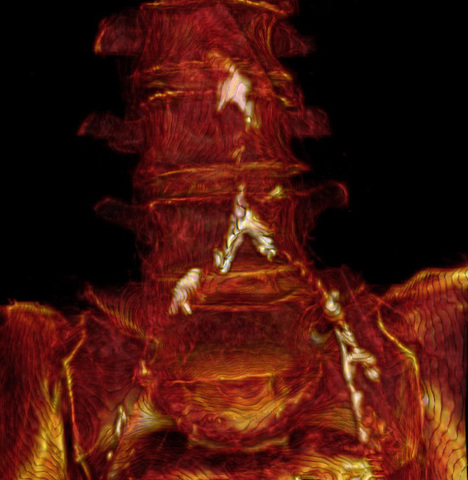
The Ancient Roots of Heart Disease
We often think of heart disease as a by-product of modernity: for decades, the medical establishment has warned that too little exercise and too much fried food can clog our arteries and disrupt healthy circulation.
That’s still the case, but new research suggests that atherosclerosis might be older and more common that we thought. As NPR’s blog recently reported, our sedentary lifestyle of cars and hamburgers might not necessarily be entirely to blame.
Several years ago, a group of researchers found evidence of hardened arteries in a group of ancient Egyptian mummies. Intrigued, they recently looked at mummies from other civilizations as well – and found calcified arteries among more than a third of their sample. NPR quotes Randall Thompson, one of the study’s co-authors:
“It’s amazing that you can see this disease in all these different populations across 4,000 years of history, across three continents – such a wide span across the globe and all sorts of different diets and lifestyles and climates,” Thompson says. “Our conclusion is that, in large part, heart disease is part of human ageing and that we have risk factors that we don’t understand yet.”
These findings confront medical science with a whole new conundrum: if modernity doesn’t cause heart disease, what does? Thompson’s team has taken this as their cue for more historical research. We know some of the common contemporary risk factors, but a broader understanding of heart disease may lie in a deep look at the health of our ancestors.
Join our newsletter for the latest in long-term thinking
Subscribe